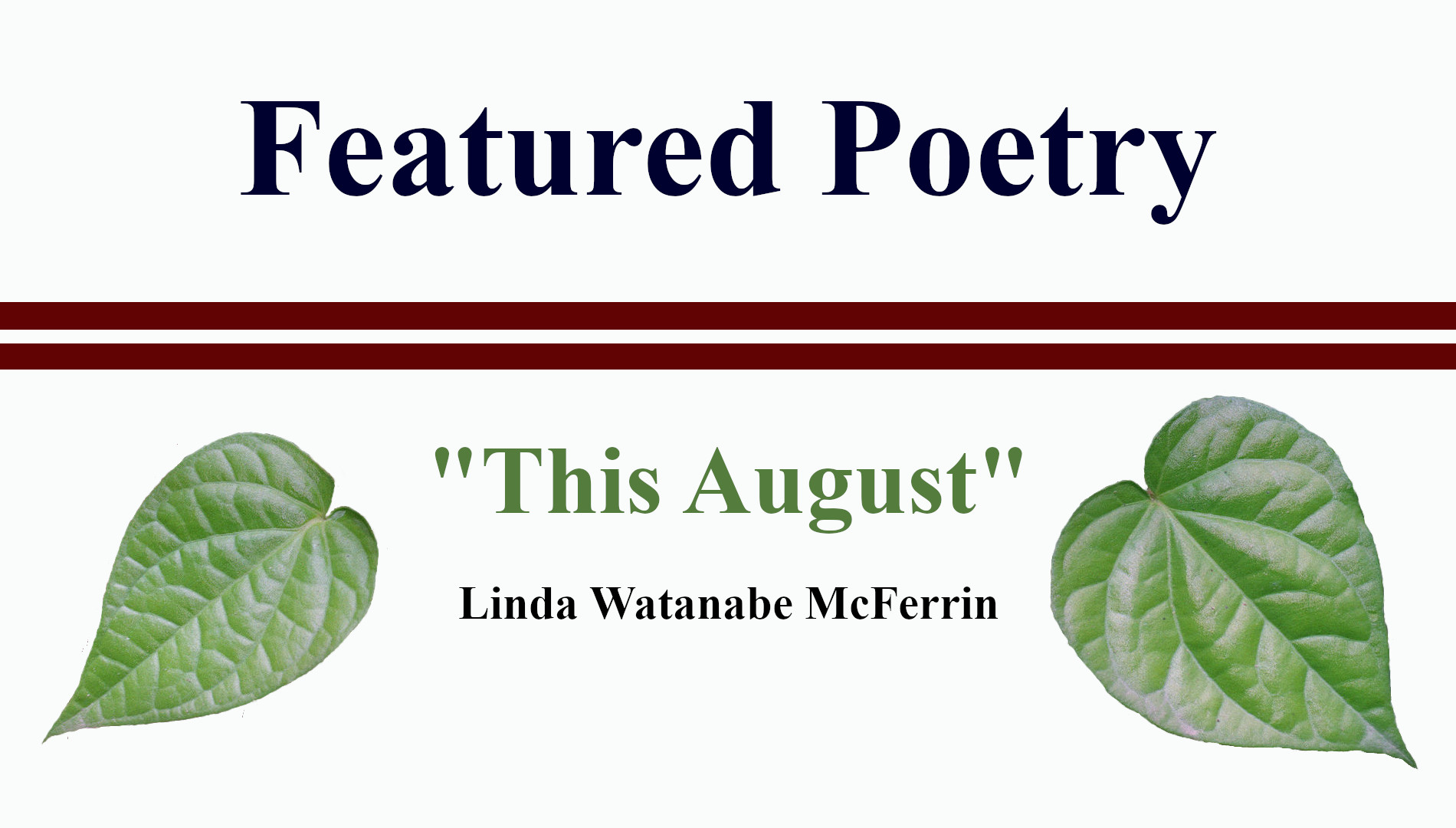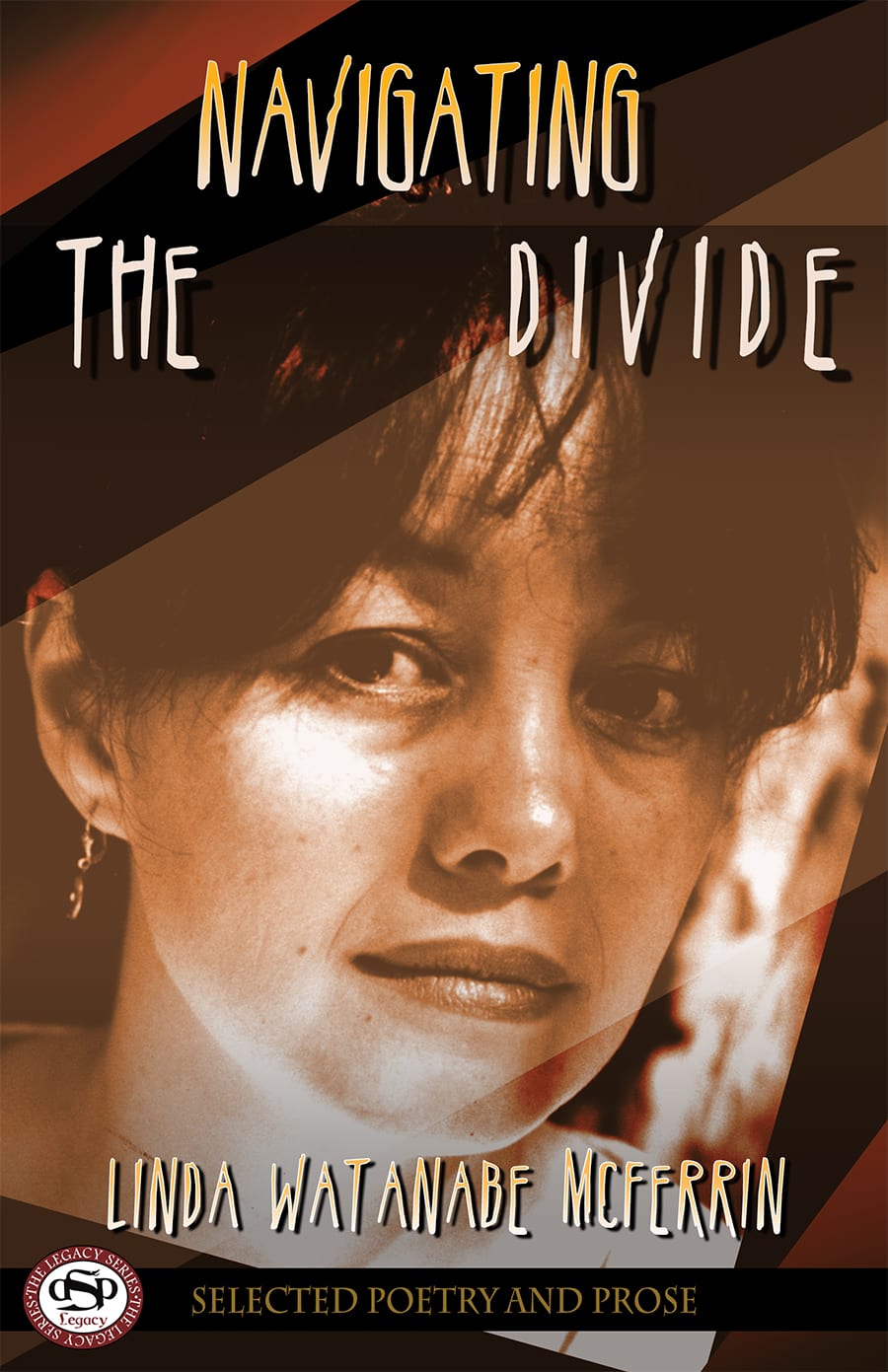
This August
Now that we are descending down the stairwell
of the latter half of the year,
counting all of our aches and sorenesses,
collecting fruit like pomegranates, persimmons,
things with long names and histories to couple
with the widening mouth of nights,
I have so little to say to you,
considering how short the days have become.
The sunlight, growing watery,
is not shared easily.
You are opening up new spaces in the back of our bookshelves,
hoping the shadows filling them
will leave some kind of testament
to this other world of subterranean purpose.
The darkness is also full, albeit quieter,
of other things than us.
I believe there was a time when days were fat and round.
I'm not certain, having forgotten much
of what has passed us by.
Certainly, we have shared some secrets,
as if we knew what secrets really are.
Colors were rampant in that heyday, and fragrances
like new mown grass and flesh.
I like, however, the way the thin skin of the sun
has stretched around us, tightening,
how things are not spent so readily or easily,
how we count among our treasures,
those organ vessels in this tomb containing heart,
or liver, or over-burdened pancreas,
all that is lost.
If we could know that the days would, in fact,
again begin to lengthen,
after some corner critically turned,
finding our reassurance in a corbel, arch,
an architectural detail, some structure
that defies, through its own rules,
the larger set of laws like gravity and death,
if we could bring back tokens
from the journey down those steps,
say: newel posts, say: something tangible,
would we sink sensibly into that sunset,
would we believe in sleep,
trusting the eerie light of dreams?
I think decay becomes us.
Fading dresses us down,
and sunlight, never so savored,
becoming delicate in its dismissal,
yields another range of nuance in this gloaming.
Perhaps we will become resilient,
snake our way toward eclipse,
or maybe we will whisper toward
the very back of the house where promises
and priesthoods balance on phenomena,
the room of pulleys and infernal machines.
I follow you, the trail of hieroglyphs, of gloves,
hands pressed against walls,
the confidence that these recede, opening into
a larger and more uncontroverted space.

Navigating the Divide is a career-spanning, multi-genre collection from the award-winning indie lit legend, Linda Watanabe McFerrin. In poetry and prose that is sometimes profoundly personal, sometimes astoundingly surreal, this world traveler and devoted literary explorer breaks down walls, bridges, cultures, and genres. This rich, multi-faceted collection really does “navigate the divide” – between spiritual and physical, between thought and desire, between identity and others.
It is the third volume in ASP’s Legacy Series. This series is devoted to career-spanning collections from writers who meet the following three criteria: The majority of their books have been published by independent presses; they are active in more than one literary genre; and they are consistent and influential champions of the work of other writers, whether through publishing, reviewing, teaching, mentoring, or some combination of these.